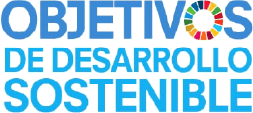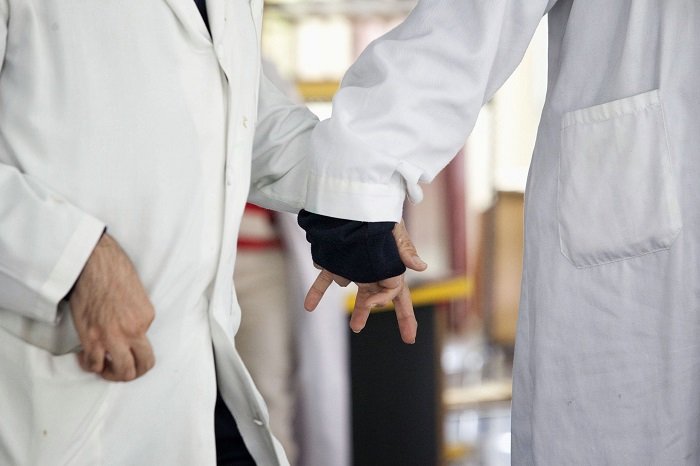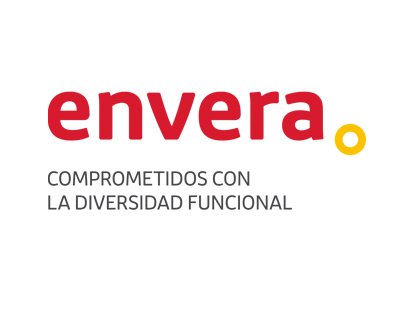- Envera participates in the Corresponsables Dossier on the occasion of World Health Day
Published in Corresponsables, by Paula Lobo, ESG technician at Envera.
Madrid | April 8, 2024
Being born without Down Syndrome, a congenital disease or any other disease that limits our physical or intellectual abilities does not free us from being a person with a disability and having to live with that reality for the rest of our lives.
According to the definition of the Association of Supervening Disability (ADISOB), this is a disability that arises after the age of 6, as a result of external and internal non-congenital situations. The causes are diverse and its study is key in order to establish possible preventive measures. Traffic accidents, sports accidents, work accidents, domestic accidents or supervening diseases are among the most frequent causes.
Just as there are different causes of supervening disability, there is also diversity in the consequences. Different types of disability can arise:
- Survived Brain Injury (SBI): is the result of a sudden injury to the brain after birth, which produces various physical, psychological, behavioral and sensory sequelae, triggering limitations in functional independence in relation to the premorbid state. The most common causes of ACD are cerebrovascular accidents, cranioencephalic trauma, anoxia, brain tumors and infections.
- Mental illness: many mental illnesses manifest themselves in adolescence and young adulthood, and the lifestyle of developed societies accelerates the appearance of mental illness in their citizens. Different characteristics of these disorders require special attention to the evolution and achievements that can be expected in relation to labor and social insertion, taking into account the presence of the social stigma of mental illness.
- Disability due to rare diseases: this type of disability represents an added difficulty for the people who suffer from it, since, due to its low prevalence in the population, the health services have difficulties in diagnosing and treating it.
- Supervening physical disability: physical disability, whether motor or organic, is the most prevalent today and its main causes are illnesses and accidents.
- Supervening visual impairment: blindness or severe vision loss occurs in more than 80% of cases throughout life due to multiple causes, including disease, age and accident, although the high incidence of pathologies such as myopia magna, retinal detachment and glaucoma is noteworthy.
- Acquired hearing impairment: acquired deafness causes a hearing loss that leads to difficulty in accessing information, communication and knowledge. It is usually caused by exogenous factors, such as infections, trauma or ingestion of toxic drugs; however, increased exposure to noise pollution is increasing the number of people with acquired deafness. It should be noted that the highest incidence of acquired deafness is found in the age group between 65 and 80 years.
According to a survey published in 2015 by the State Disability Observatory, in Spain, 1,580,000 people have acquired a supervening disability. From the age of 65, the incidence increases exponentially. Supervening disability prevails over congenital disability, since more than 70% of people with disabilities have a supervening disability. These data insist that none of us is free from suffering a disability, and that after the age of 65, 1 in 2 people will have some kind of disability, according to a survey conducted in 2020 by Eurostat.
There are few specific articles on acquired disability, which indicates that research and analysis of the subject is very recent, as well as the legal regulations and labor measures established in companies. Directive 2000/78/EC, of November 27, 2000, establishing a general framework for equal treatment in employment, establishes that "companies have the obligation to consider the reincorporation of the person with a disability, making the necessary reasonable adjustments to the job itself, as well as to the company's environment and its accessibility".
However, in most cases, the employment contract is terminated and not adapted or rehabilitated. Therefore, as the Spanish Committee of Representatives of People with Disabilities (CERMI) has found in a recent analysis, current legislation does not facilitate the permanence in employment of people with acquired disabilities.
The possibility of returning to work depends on the type of work and the type of disability. By typology, two thirds of the people with disabilities of working age are due to physical disability. The Workers' Statute obliges companies to adopt the necessary measures to achieve accessibility, however, these measures are usually oriented to the physical and ergonomic adjustment of the job. Therefore, people with intellectual disabilities, both congenital and acquired, have more difficulties in finding employment than people with physical disabilities.
When it is not possible to adapt the job to the employee's new condition, the obligation to relocate the employee to another position prevails, provided that the employee has the required competence, capacity and availability, and that the situation does not represent an "excessive burden" for the employer. The adaptation of the conditions of the job involves modifying working hours, tasks, shifts, etc., which is not always possible.
In general, the legal framework related to the rights of persons with disabilities is the same as for persons with acquired disabilities, i.e., no specific mention is made of the particularities of these persons who have suddenly undergone a drastic life change. The advent of a sudden and unforeseen health situation that implies a functional impairment, represents a turning point in the life of any person in many aspects, including social, work and family life.
It is therefore important, first of all, to understand that the suddenness of a disability implies a type of "accelerated assimilation" of the new situation, in which factors such as adequate information on consequences, expectations and support are key. No one is prepared to suddenly face a disability, neither the person who suffers from it nor his or her environment, which is why the support of the Public Administration and expert organizations in the field is vital to face the assimilation process.
At Envera, we are very familiar with acquired disability. José Antonio suffered an accident at work when he was 47 years old. He is a civil engineer and was supervising the AVE works in Guadarrama. One day, he suffered a shocking fall from a height of 5 meters that caused him a severe cranioencephalic traumatism. He was in a coma for 4 months and since then, he has suffered several generalized infections that have caused him to fall back into a coma.
With each coma, he has been losing skills that have caused imbalances and aphasia, so he must begin the rehabilitation process again. José Antonio, aware of his disability, has suffered several depressive episodes that have aggravated his symptoms. On many occasions he has tried to return to the tasks and activities he performed in his previous life, such as taekuondo or simply driving.
Both the person who has become disabled and his or her environment must face a double process, one of maladaptation to the lifestyle previously led, which must be changed by the new situation, and the other, a process of coping-learning a new way of life in which it is necessary to make very important renunciations. In this context, they suffer a very high level of stress and overload. There is evidence that the later the onset of the disability situation, the more difficult it will be to adapt to the new situation, so that an early deployment of support will be all the more necessary, the older the age of the person who becomes disabled.
This and other cases show that it is necessary to establish measures and adjustments in the various legal, political, social and labor instruments, among others, aimed at the population with disabilities in general, and at the same time, to open a more egalitarian space for inclusion in relation to acquired disabilities.
The awareness and action of both society and companies is vital for the social and labor inclusion of people with disabilities, thus improving their quality of life and ensuring that no one is left behind. Companies and society must assume that no one is free from suffering a disability and that work must be done on all fronts to promote their social and labor inclusion.
This forum is part of the Dossier Corresponsables: World Health Day 2024.









